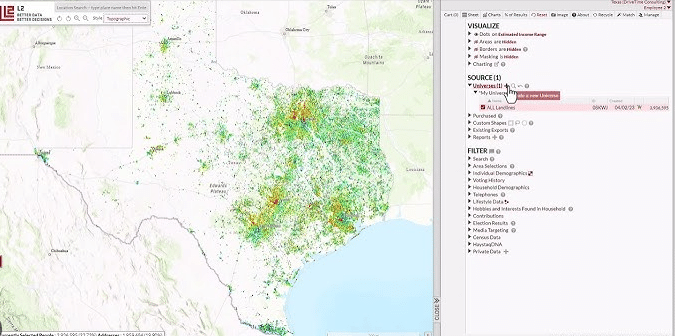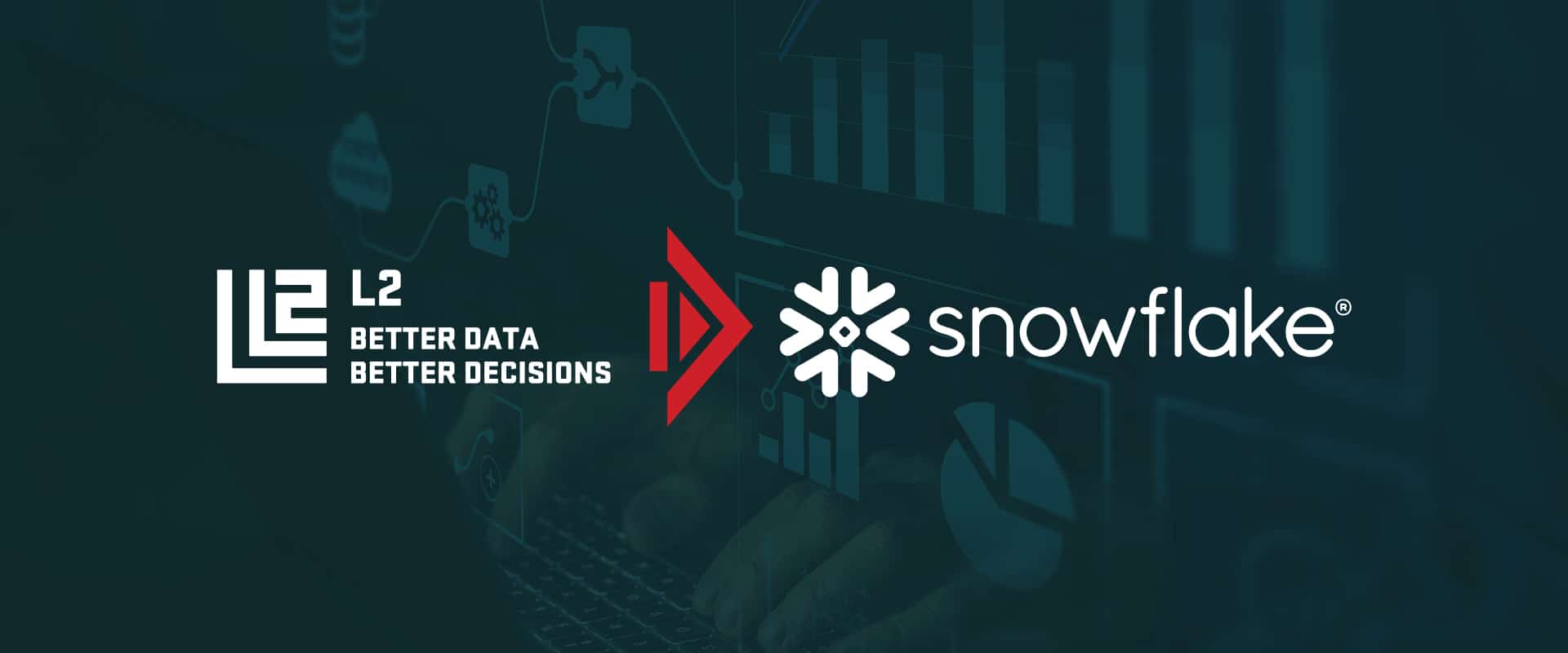
Consumer data has become an invaluable tool for realtors looking to find new prospective buyers and sellers in today’s competitive real estate market. By leveraging this information strategically, agents can identify promising leads, tailor their marketing efforts, and ultimately grow their business. Here’s how realtors can harness consumer data to connect with potential clients:
Understanding Today’s Buyers and Sellers
According to recent data, the typical home buyer in 2023 was a married or partnered young adult in their 30s or 40s with some college education. About half of buyers were first-time homeowners, a trend that rebounded after declining in previous years. Meanwhile, the average seller was 45 years old, partnered or previously married, and most likely to sell in the Southern United States.
Knowing these demographic profiles allows realtors to craft targeted marketing messages and focus their outreach efforts on the most promising segments of potential clients.
Identifying Motivations to Move
Consumer data reveals that life events significantly impact people’s decisions to buy or sell homes. Over 80% of sellers reported that at least one major life change influenced their choice to move[1]. Common triggers include:
- Changes in household or family size (56%)
- Remote work opportunities (41%)
- New jobs or job transfers (37%)
For buyers, affordability and job relocations were top motivating factors. Understanding these drivers enables realtors to anticipate potential clients’ needs and tailor their services accordingly.
Leveraging Technology and Data Sources
To tap into valuable consumer insights, realtors have several options:
Paid Data Services: Companies like L2 analyze big data to predict which homeowners are likely to list their properties soon. While these services come at a cost, they can provide highly targeted leads.
Real Estate Platforms: Websites like Zillow, Trulia, and Realtor.com collect data from online searches, allowing agents to market to potential buyers through targeted advertisements.
Tailoring Marketing Strategies
Armed with consumer data, realtors can develop more effective marketing approaches:
- Create targeted email campaigns for price-sensitive buyers when home prices drop in certain areas.
- Showcase immersive listing experiences like virtual tours and 3D floor plans for relocating buyers who can’t visit properties in person.
- Develop niche expertise in specific property types or market segments based on data-driven insights.
- Personalize communication by understanding clients’ preferred methods (e.g., 94% of realtors report that clients prefer text messaging).
Balancing Data and Relationships
While consumer data provides valuable insights, successful realtors understand the importance of building personal connections. In fact, 39% of sellers found their agents through referrals from friends or family. To maximize the benefits of data-driven strategies:
- Maintain a strong local presence by attending community events and sponsoring charities.
- Cultivate a reputation for excellent service, as 90% of buyers would use their agent again or recommend them to others.
- Leverage social media platforms like Facebook (used by 77% of realtors) and LinkedIn (55%) to engage with potential clients.
By combining data-driven insights with relationship-building skills, realtors can identify promising leads, provide tailored services, and ultimately grow their business in today’s dynamic real estate market.
Reach out to L2 to get these critical data today: carlie.gliha@L2-data.com






